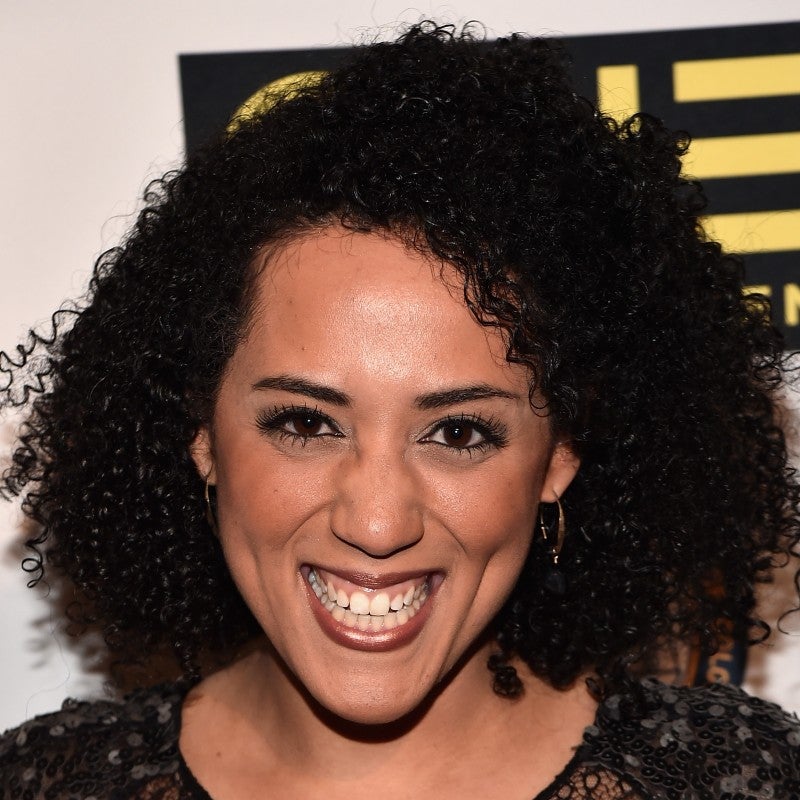The Bard needs a Muse to do the #Deed that inspires him; he Takes what he can Get, but #EASYdoesnotmeanSIMPLE | @NashvilleBallet @GPerfPBS @azpbs @caroranwill
The Nashville Ballet (through Arizona PBS's post of Great Performances' broadcast of the ballet "Black Lucy & the Bard") explains 'the needed deed' in a performance you can see through 'the emboldened link(s)' below; but first I want to teach you about those words. And I find you understand words better if you see 'the words at their base' (then going on to look at the words at those words' bases, then the words at those words' bases, etc.-etc. ad infinitum into their Foundation)
The word “Deed” is built on ancient words that mean "to Set, Place, Put (compare Do)" (foundation beneath words that mean "Burden, Load, Law, thing Laid down, Event, |Transaction").
#Deeded #Deeding #Misdeed #Deeds
 |
| the narrator who wrote the book that inspired the ballet |
If the bold link above doesn't work, you can probably use this link to a page that links to the PBS behind-the-scenes video (that ASU shares above their introduction to the performance (with the names of some cast-members & writers)).
Before I review 'what the ballet is actually about,' I'll tell you what it seemed-to-me to be about. First, I want to mention that 'ballet is not my thing'---I watch lots of adventure-television, so my subconscious mind was constantly looking for 'the plot.' And ballet probably isn't plot-centered as much as it's just "a physical expression in motion."
And this expression (with 'clues' from the narration) seemed to be "a revelation that Shakespeare (popularly known as The Bard) was highly inspired by a black- (or Moorish- or Negro) woman."
The dancing was mostly 'a romantic idea of her floating around through life' (I wasn't watching that-closely ... I just played it while I prepared and ate a few meals, spreading it out over a few watching-sessions over two or three days).
Some of the ending narration made me think that the 'Shakespeare and Black Lucy'-pairing was an example of other bards' frequent "use" of a Black Lucy (the narrator mentioned how "many rock-stars find out they have black babies").
For a moment there (with the music mostly-featuring the fiddle & the banjo), I thought the writer was imagining that Shakespeare had somehow imagined himself an American slave-owner (much like we all hear that Thomas Jefferson had been).
Looking at ASU's description (kind of a program-listing for their then-upcoming broadcast of the ballet), I see that I was kind of right. Shakespeare may have had 'affairs with a Black Lucy,' but he was also inspired by the idea of 'her among other men.'
Comments
Post a Comment
I appreciate your comment, and I'll probably approve it & publish it soon (give me about a week before you try to post it again when it doesn't publish immediately ... thanks)